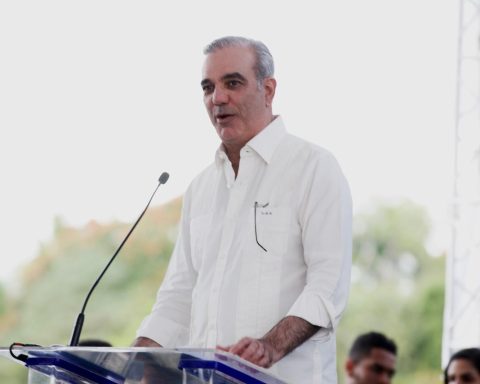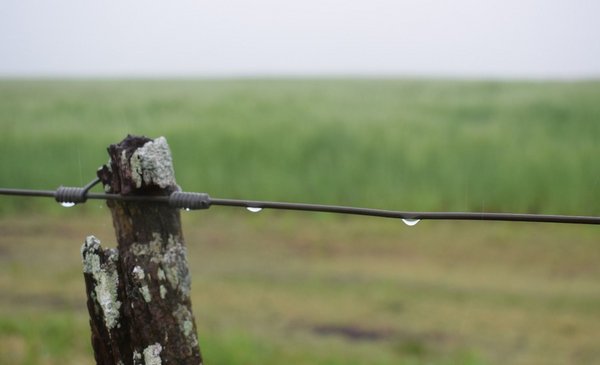In order to maintain price stability, the Government announced yesterday subsidies for him corn, the flour and the chicken. These products are also included in the 67 tariff subheadings that can be imported at zero rate for six monthsthrough law 6-22, which has already been used to bring tax-free chicken Y string beansaccording to the Minister of Agriculture, limber cross.
“The increase in tourism, the increase in consumption by Haitians, has increased consumption in the Dominican Republic,” Cruz said. “What are we doing? We are increasing chicken production from 18 million units per month to 18,300,000 units. As the production of chicken and beans increases, for example, we are bringing these products free of taxes”.
The minister said that law 6-22 is to protect the consumer and also the producer. “We are not going to bring any product that affects national production. If there is enough food here of any line, like rice, for example, we are not going to bring rice”, he reiterated.
The Minister of Industry, Commerce and MSMEs (MICM), Victor (Ito) Bisono, He emphasized that Law 6-22 is preventive legislation.
“The zero rate law is preventive against any shortage that generates shortages or unjustified increases and that this situation harms the largest consumers, mainly those who are the most vulnerable or economically unprotected”, Bisono told Free Journal.
He added that, as long as the national producer can be supplied and supported, they will continue to do so. “That is our priority, the facts show it,” he said.
New subsidies
Over the subsidies for corn, flour and chicken announced yesterday, Bisonó explained that they are joining forces with the poultry sector to prevent increases in the proportion imposed by the international market.
He said that they will allocate 700 million pesos to the corn subsidy, the food base for chickens, for the next four months, with the intention of stabilizing chicken prices, which have presented a relative variation of 35% since last August to date.
Also, he announced the extension for 60 days of the agreement signed between the Government and the Dominican Association of Industrial Wheat Millers, for 533 million pesos. “Since I assumed this management in 2020 to date, it has had a relative variation of 66 percent,” he explained.
He assured that the objective of this subsidy is to alleviate the possible increases that could occur in bread and pasta as a result of the international instability of wheat flour prices.
The Vice President of the Republic, Raquel Peña, led the agreements signed between the government and the Dominican Association of Poultry Farmers (ADA) and the Dominican Association of Industrial Wheat Millers (Adoimt). In this meeting, Cristian Reynoso, president of Adoimt, said that the extension of the subsidy to millers fills consumers with certainty.

















